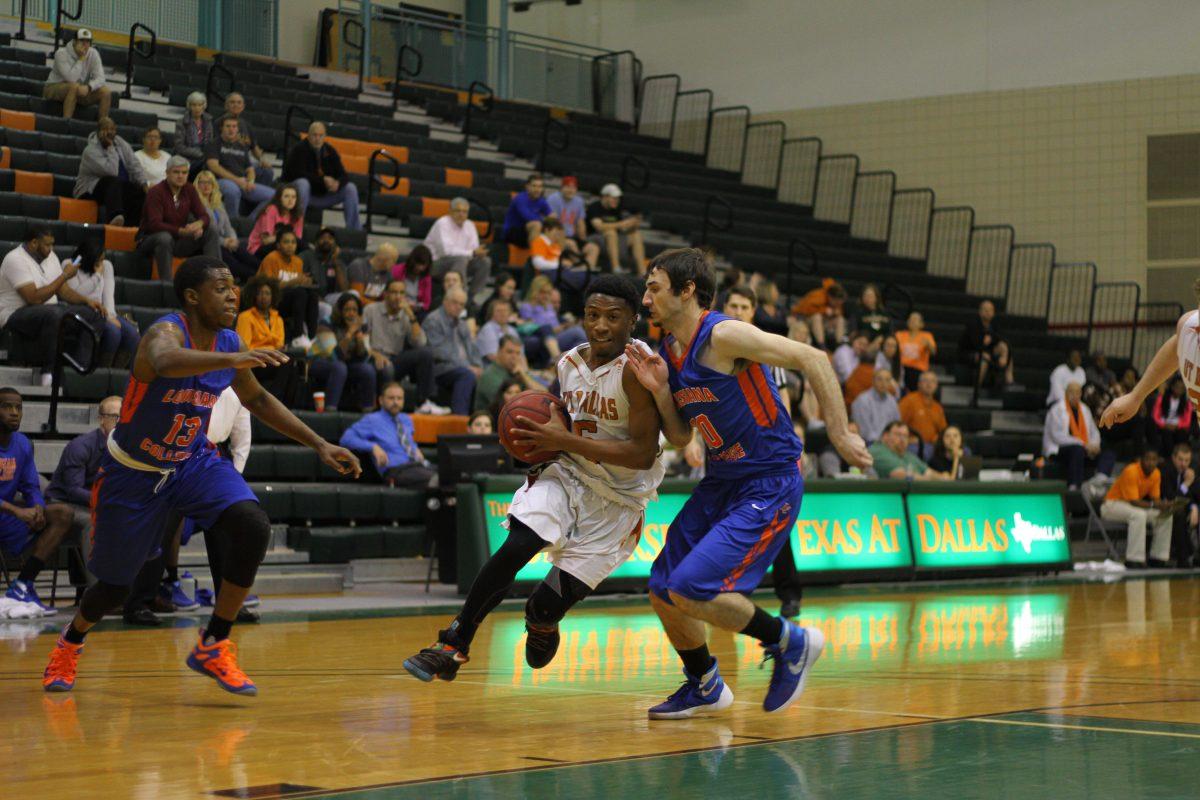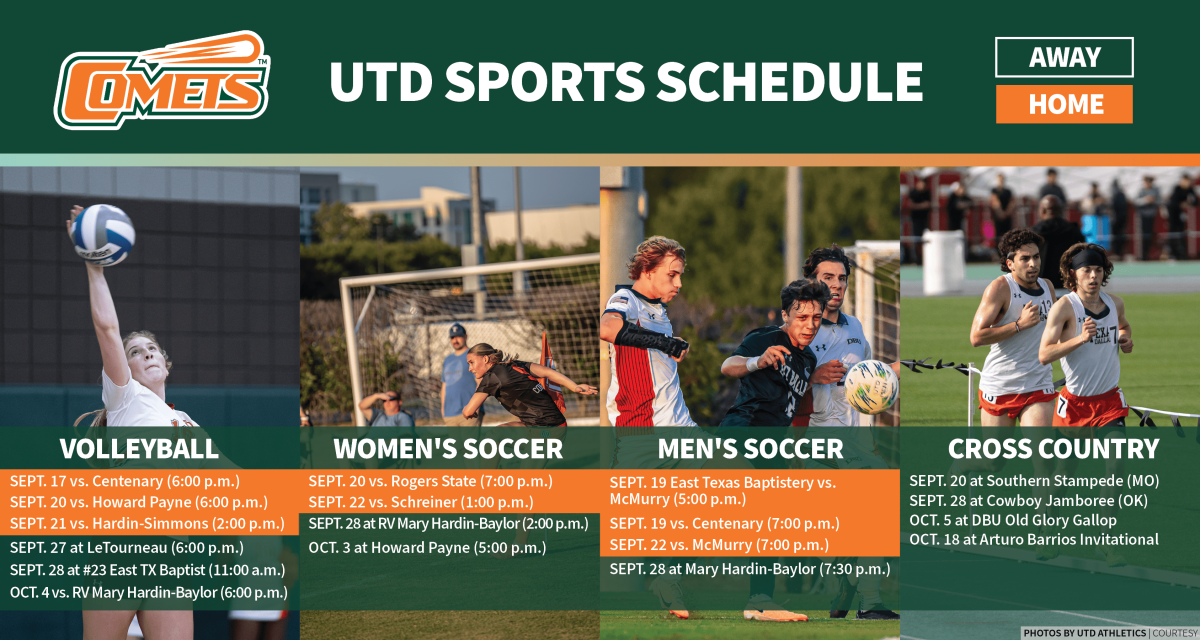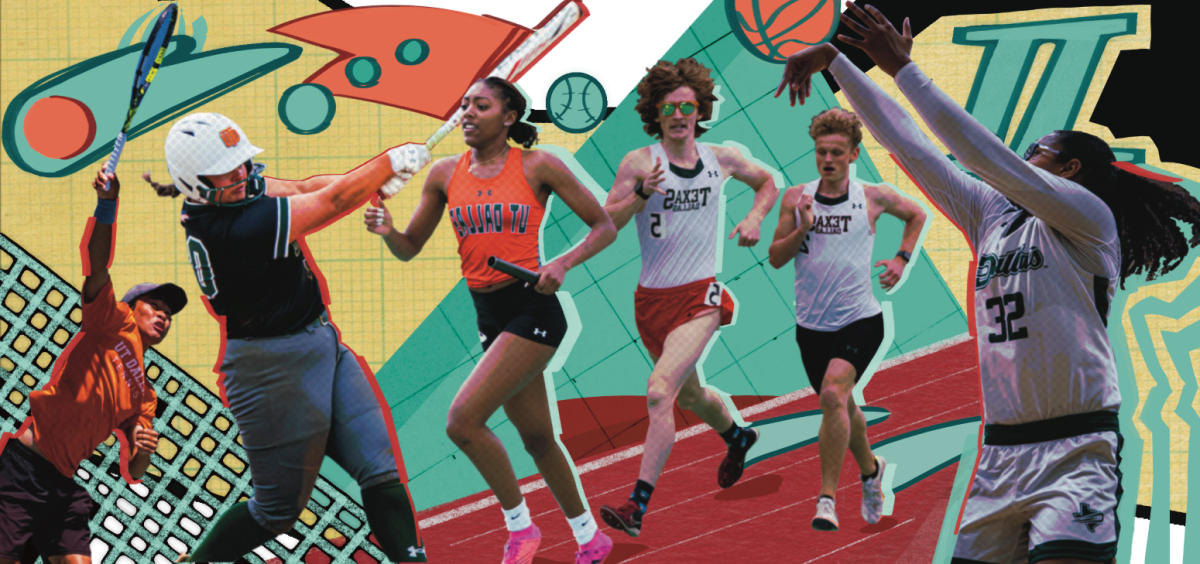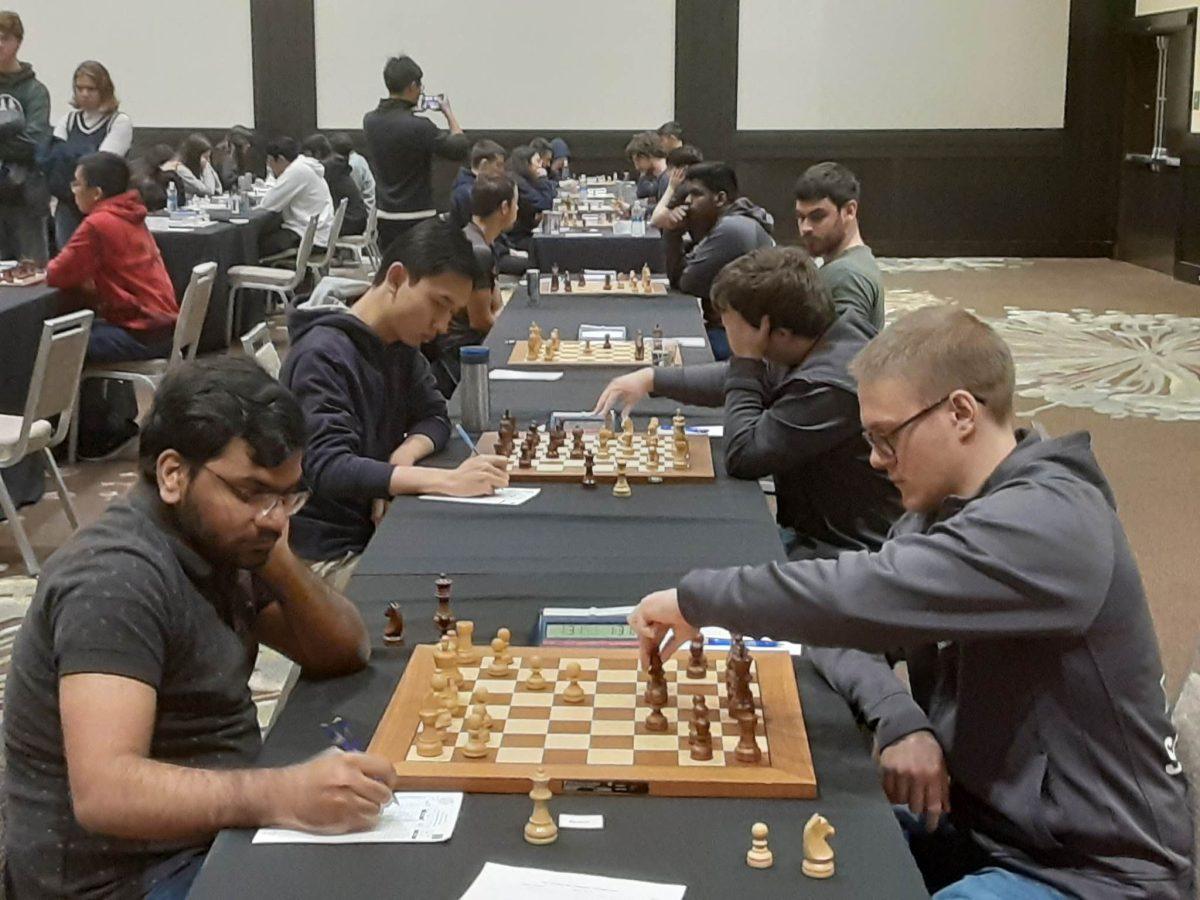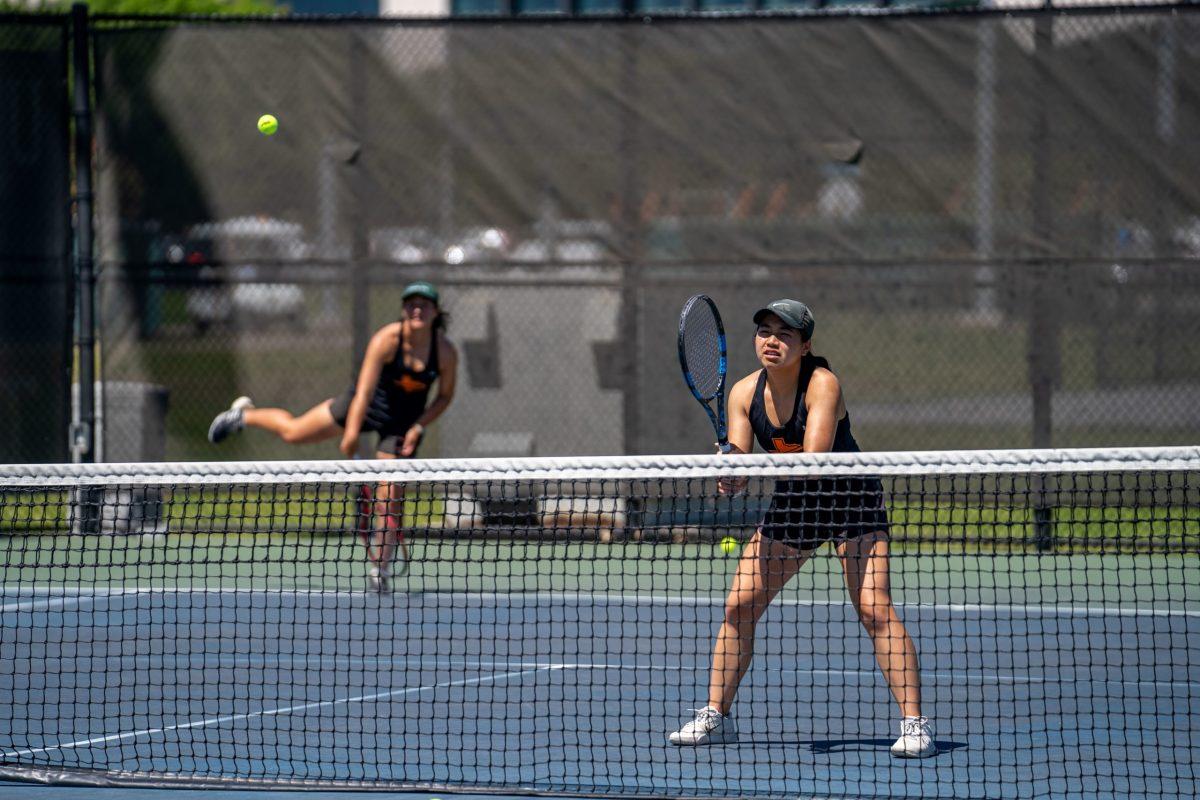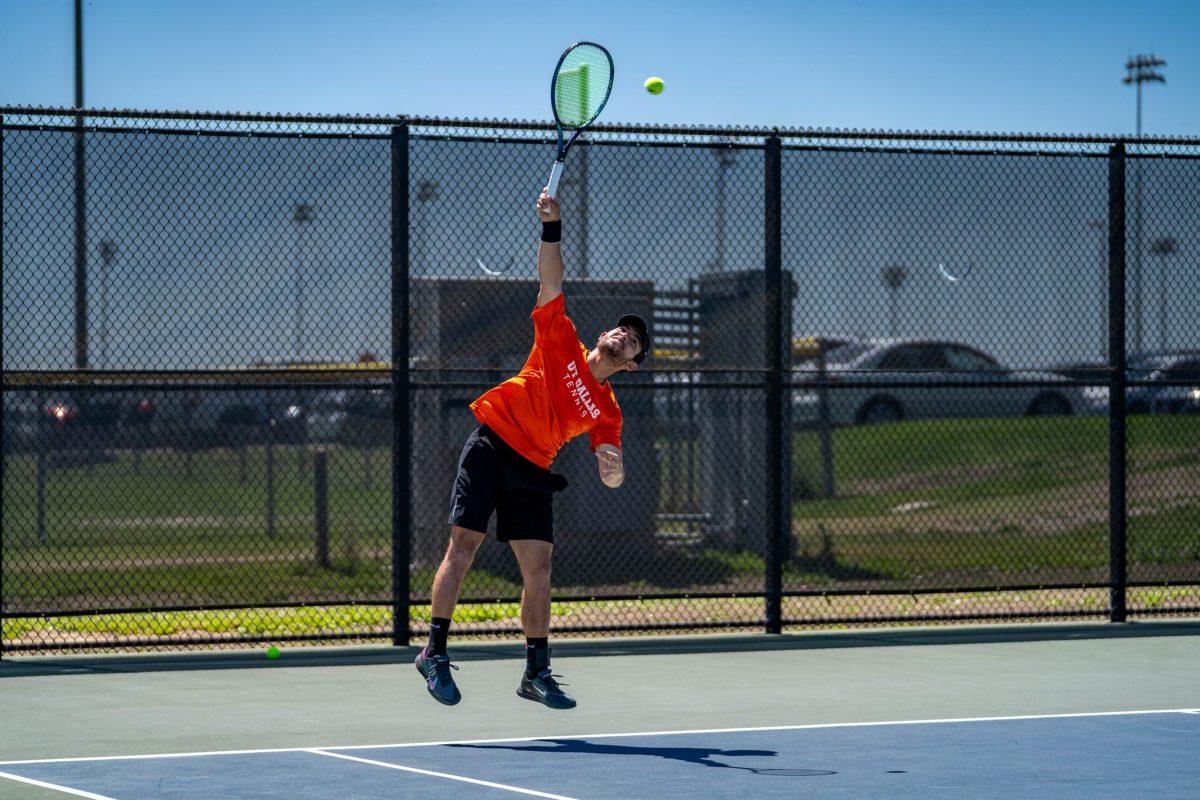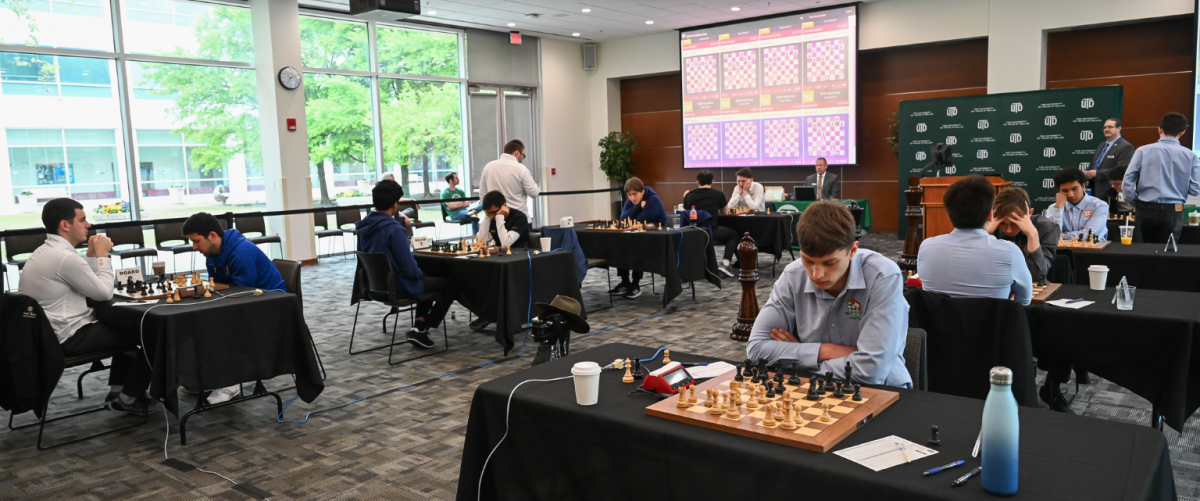Although a couple of players on UTD’s basketball teams fall below the average height for their positions, that hasn’t stopped them from pursuing the game they love.
The average height for a point guard in women and men’s basketball at the Division III level is 5 foot 5 inches and 5 foot 9 inches, respectively. Point guard Shannon Mathis and Caleb Banks fall a couple of inches below those averages.
Banks, who is listed at 5 foot 6 inches, said his height isn’t as big of a factor now as it was during the recruiting process.
“Before college, when was I doing recruiting, it was more of a disadvantage because it was easy for me to get looked over,” he said. “Bigger colleges look for bigger guards. From that standpoint it was a disadvantage, but as far as on the court it’s not because of the way I play.”
The height difference between him and other players didn’t become noticeable until he was in high school, Banks said.
“My sophomore year I started to see that everybody else was pretty much way taller than me,” he said. “I started to see how this could affect my recruiting. I feel like every kid has aspirations of … playing at the highest level in college. It kind of sucks that if you’re a certain height it’s 10 times harder for you to get recruited.”
For Shannon Mathis, who measures at 5 foot 3 inches, she’s been one of the shortest players on her team for as long as she could remember.
“I’ve made the comment sometimes that I don’t realize how tall people are because I’ve always been this small,” she said.
Mathis knew she wanted to play collegiate basketball since eighth grade, but she said she knew her size would be something she would struggle with.
“It was something that I had to mentally overcome,” she said. “People around me were saying, ‘You’re not fast enough, you’re too short, you’re too small, you’ll never be able to play at the collegiate level.’ I never let (my size) prevent me from becoming a collegiate athlete.”
There are, however, some advantages to being short, and her skill set has been affected as a result, Mathis said.
“I do think it’s made me, when I was younger and developing as a player, focus more on my fundamentals and just being really skilled,” Mathis said. “I don’t have height or athleticism or length to fall back on. I think it shows what a big heart I have for the game just because being small you are kind of at a disadvantage.”
Banks said he believes there’s a stigma about short athletes not being able to compete at a high level across all sports.
“You can look across the board in any sport and most sports are looking for these bigger athletes,” he said. “Most of the time (scouts) look for potential in an athlete and they don’t look at their skill set. A lot of the time smaller athletes are more skilled.”

